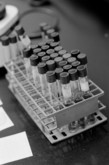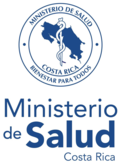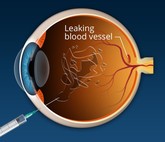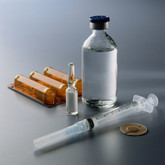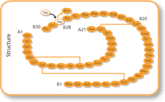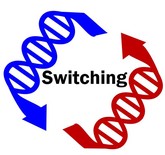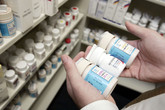Biosimilars/Research
|
Posted 10/09/2021
The relatively recent introduction of biosimilars to the US market and the new naming convention for biopharmaceuticals prompted exploration of their impact in clinical practice. Naming guidance for new biological products and biosimilars was published by the US Food and Drug Administration (FDA) in 2017, which proposed the use of a core name followed by a 4-letter suffix devoid of meaning to facilitate pharmacovigilance [1]. In order to find out how this system was viewed by healthcare providers, researchers evaluated use of, knowledge about, perceptions of, and preferences for this naming convention in clinical practice [2]. Previous studies informed the hypothesis that healthcare providers would demonstrate knowledge gaps surrounding biosimilars and opinions regarding 4-letter suffix use would be inconsistent. This study aimed to understand the impact of the recent naming guidance in clinical practice.













